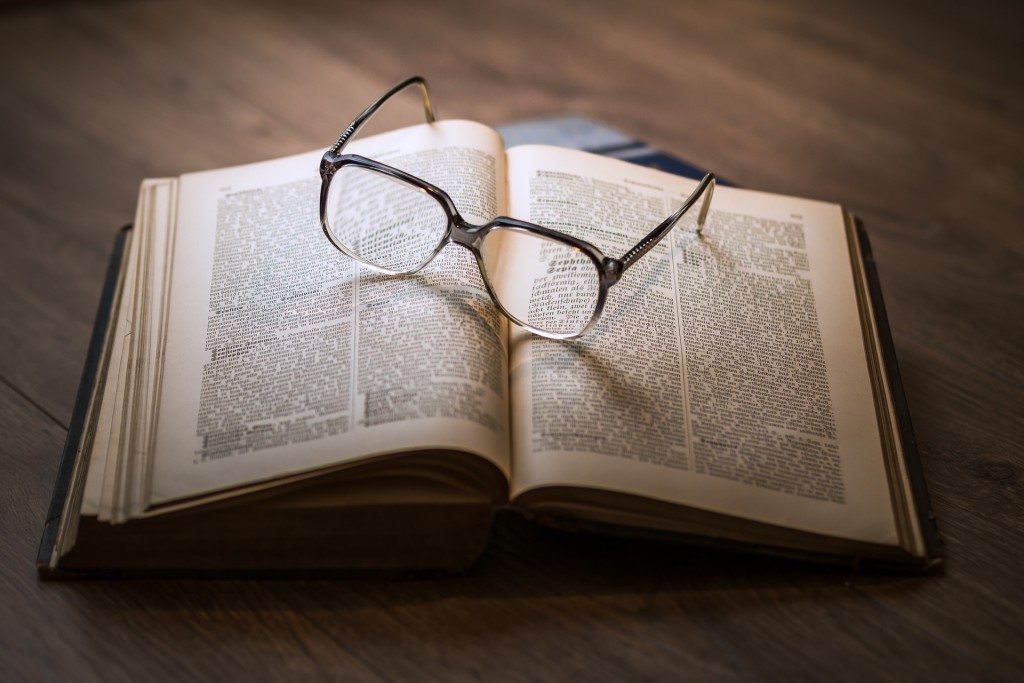Today’s post is written by regular contributor Sarah Baughman.
When I want to feel good about my writing, I show it to my husband. “Wow,” he’ll say. “This is beautiful. Really compelling.”
“Were there any parts that confused you?” I’ll ask, but I’m already smiling, relieved to be almost off the hook. “What should I change?”
“Hmmm,” he’ll say, hedging. “Maybe here, I didn’t know quite who you were talking about. But that’s the only place. Mostly, I think you should leave it like it is.”
I love that man, but not for his editing skills. Bless his heart; I’m not sure I’d want to be married to my editor anyway. But until recently, I’ve bumbled along with, for the most part, only this kind of feedback.
Sure, I’ve attended writing groups, but most of them weren’t set up for serious, in-depth editing, and they suffered from a confusing surplus of different perspectives (“Cut this part.” “No, don’t!”). Writing conferences and classes helped, but didn’t last long enough.
Recently, when I was selected as a correspondent to write two long-form literary non-fiction essays for a travel writing website, I began working closely with an editor. I don’t wear glasses, but I imagine that getting glasses for the first time and finally seeing the world clearly would be quite like getting this excellent editor.
I couldn’t believe the realizations she enabled. “Well, this is good as I can make it,” I would tell my husband after hitting “send” on one of my drafts. “I wonder what she’ll say.” Back the draft would come, peppered with comments both small (“What does this sentence mean?”) and significant (“I’m not sure this section carries your narrative thread”). My jaw would always drop. “Why didn’t I see this?” I would wonder as I set to work revising.
I’m currently on the third draft of both essays, and have established such trust for my editor that there’s almost nothing she says that I second-guess. She recently proposed cutting a three-paragraph section because it fell too far outside the narrative arc. I liked the language of the paragraphs, the way they sounded, but I didn’t have to think too hard to realize she was right; they impeded the story.
Could I have realized this on my own? Maybe eventually. But probably not.
How else does an editor help?
A good editor…
- Recognizes major themes. Good editors know what your writing is really about. They don’t proofread; they read, both on the lines and between them. They share a sense of meaning and vision for the work. This “big picture” knowledge informs every editorial decision they make.
- Identifies key strengths to build upon. Good editors know what you do well as a writer. They articulate those strengths and suggest ways to put them to use in other parts of your work.
- Cuts the fat. Because they have a good sense of the piece’s overall themes and your writing strengths, they also recognize what doesn’t fit. It might be hard for writers to cut what they’ve written, even unnecessary parts, but it’s not as hard for editors.
- Asks questions. Good editors probe for more information. Is there more to a character than you’ve let on? Does this plot sequence reinforce the theme? Is this metaphor consistent with its connotation?
- Honors style. Good editors know that there’s not just one way to write. They know a variety of different writing styles find loyal readership, and they won’t impose their own style on yours. When they make suggestions, they’ll work to hone your own style rather than putting words in your mouth.
- Notices the empty spots. My editor will often write something like, “This section is starting to do what you want it to do. But not quite…” And then she’ll suggest places to flesh out more detail. She often tells me to write more than I think I’ll need “because you can always cut it back later,” but we never know what clarity might emerge from the act of writing.
- Doesn’t stop at “It’s great.” An editor might think your work is great. But no matter how promising, no matter how witty and tightly written and gorgeous, it can be better. And a good editor will help you make it that way.
When to call in the editor
If nobody in your current writing circle fits the bill, check out author Erika Liodice’s fantastic post on How to Find an Editor. You’ll know you’re ready to consult with an editor when you…
- Finish a draft of a complete work (story, essay, chapter, book)
- Have read your draft multiples times and polished it accordingly
- Have an idea of what you’d like to do with the draft next (Send it off for publication? Include it in a larger work? Enter a contest?)
- Feel ready to listen to new criticism, and to revise accordingly
I want to include an encouraging section titled something like “How to Be Your Own Best Editor,” but I just can’t. I don’t think it’s possible to see everything in our own work that needs to be seen.
Pull five of your favorite books off your shelf and check the Acknowledgments; there’s a reason why everyone thanks the editor. Those books wouldn’t be there without them.
How have you benefited from a good editor? Do you frequently consult an editor, or do you typically work through the writing process without one? What are the benefits and drawbacks of these different approaches?
